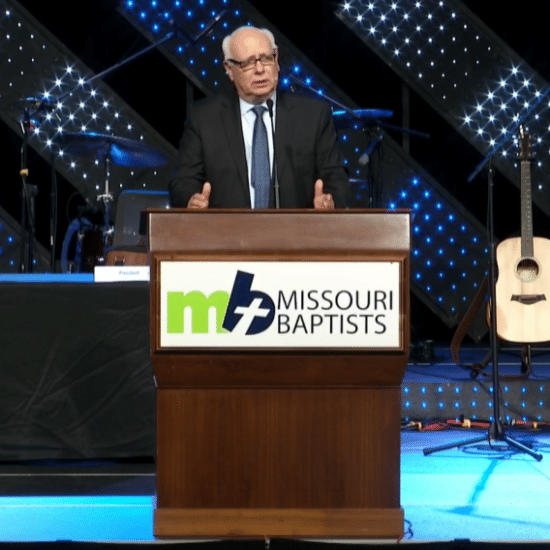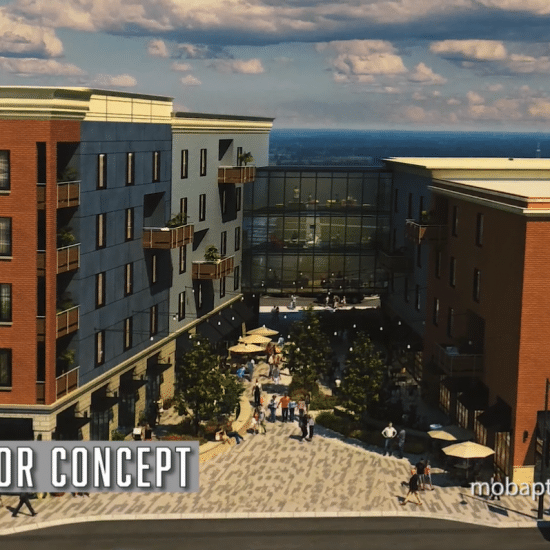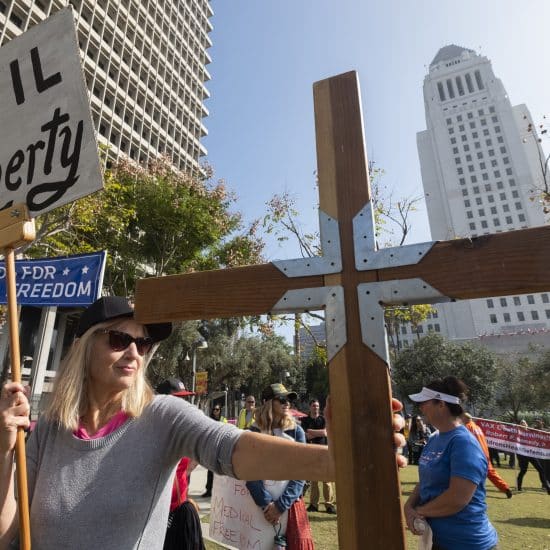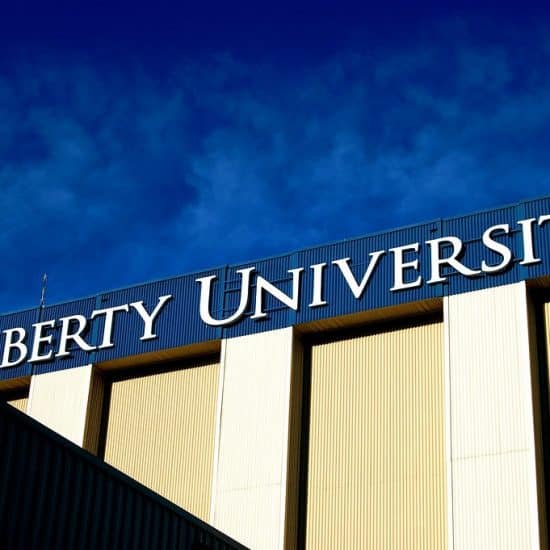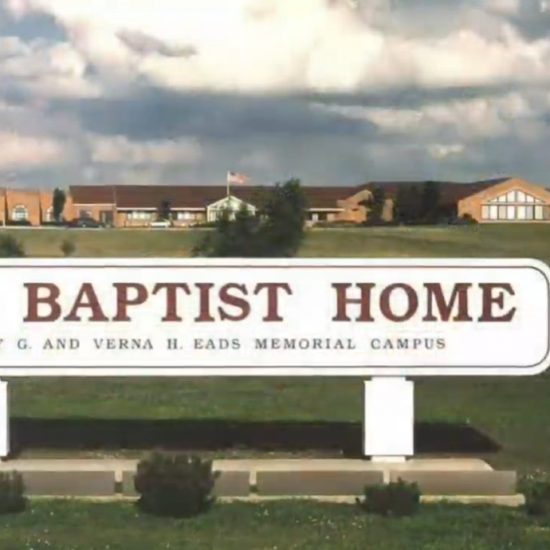On September 27, Judge Karl DeMarce issued a ruling in favor of the Missouri Baptist Convention in the MBC’s 15-year litigation. The MBC first filed suit against the Missouri Baptist Foundation, Missouri Baptist University, The Baptist Home, Windermere Baptist Conference Center and Word&Way in 2002 following moves by the five boards to move to self-perpetuating status in 2000 and 2001. The latest ruling overturns charter changes by MBU and TBH, which would return trustee selection to the MBC. The judge, however, stayed his own order to allow an expected appeals process to further consider his ruling.
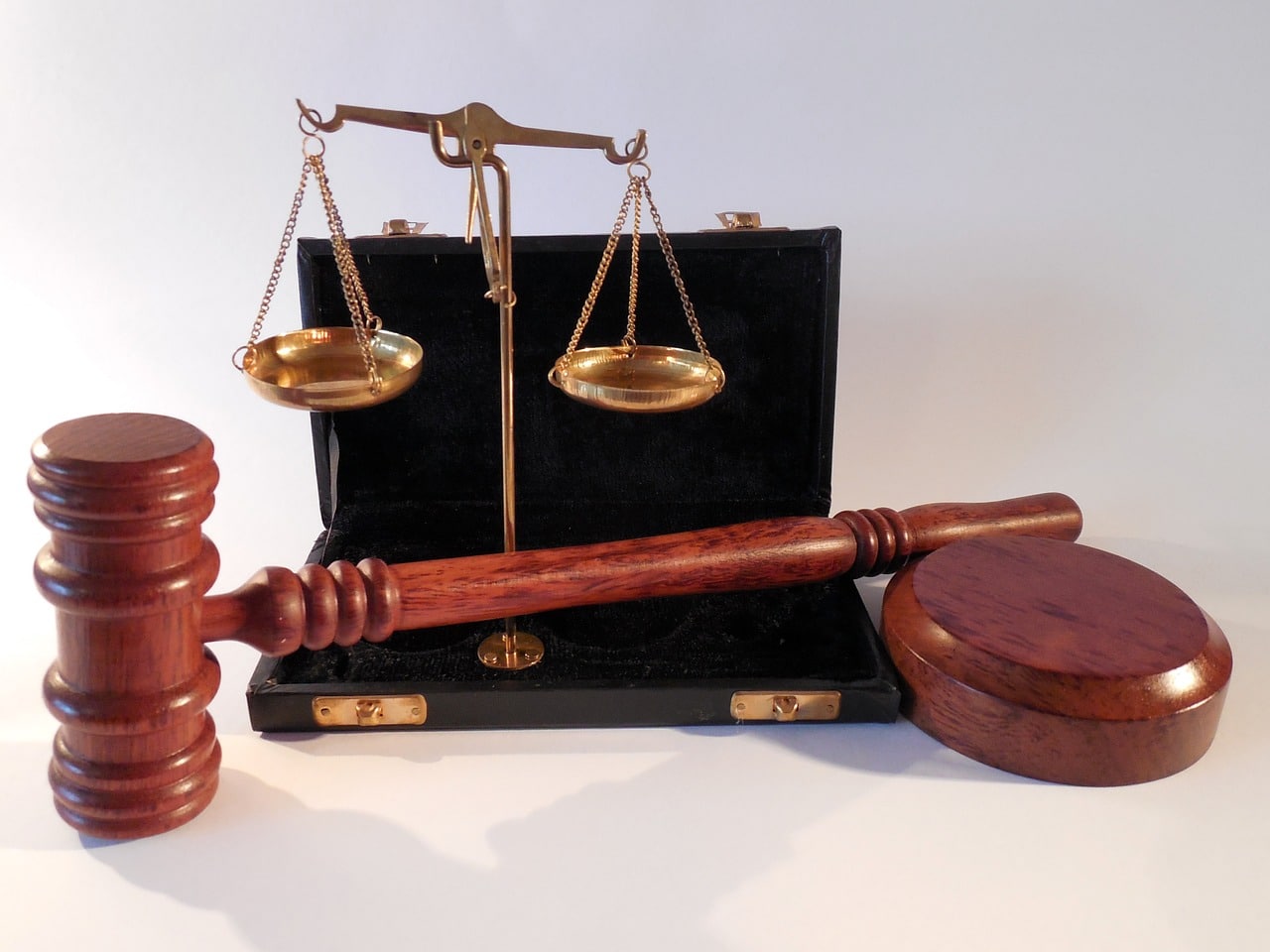 The ruling came after the MBC in December filed petitions urging such a decision, arguing its 2016 victory in the Foundation case should serve as precedent. MBU and TBH countered with filings in March, insisting the MBC’s 2009 and 2014 losses in the Windermere case should instead serve as a precedent. The MBC dropped its case against Word&Way in 2010. While the Foundation was incorporated as a Chapter 352 benevolent corporation, the other four institutions sued are Chapter 355 nonprofit corporations.
The ruling came after the MBC in December filed petitions urging such a decision, arguing its 2016 victory in the Foundation case should serve as precedent. MBU and TBH countered with filings in March, insisting the MBC’s 2009 and 2014 losses in the Windermere case should instead serve as a precedent. The MBC dropped its case against Word&Way in 2010. While the Foundation was incorporated as a Chapter 352 benevolent corporation, the other four institutions sued are Chapter 355 nonprofit corporations.
New to the case, DeMarce heard oral arguments in the case on Sept. 18 and then issued his 86-page ruling just nine days later. DeMarce relied heavily on rulings by other judges in the Foundation case, as the MBC had urged. More than 15 pages of his ruling are quotations from such rulings. By contrast, fewer than three pages are quotations from rulings by other judges in the Windermere cases.
In his ruling, DeMarce argued that since both the MBU and TBH charters had previously granted the MBC right to approve charter changes, the changes by TBH in 2000 and MBU in 2001 were not legal. DeMarce also argued those statements gave the MBC standing to bring the case since it had “a ‘special interest’” given its “clearly stated rights to control the disposition of real property, to receive valuable property should dissolution of the Home [or University] ever occur, to select the trustees and to approve or reject amendments to the article.”
DeMarce did not find that the MBC owns the institutions. He noted that “the Home and the Convention remain two distinct legal entities,” but his ruling essentially turns control of those two entities over to the MBC. He insisted a legally distinct nonprofit corporation could not undo such “voluntary choices made in the past.”
DeMarce refused to consider some of MBU’s affirmative defenses, arguing to do so “would require this Court to exercise an ecclesiastical jurisdiction which is forbidden to it under foundational principles of federal and Missouri constitutional law.” Thus, he insisted he “cannot interfere with a church body’s selection of its own ministers” or MBU trustees whose responsibilities are “broad enough to include the hiring, supervision, and discipline of persons who would be ‘ministers.’” With that argument, he rejected consideration of the MBC violating their own rules for selecting trustees in 2001, suggesting the MBC may have had religious reasons for doing so.
DeMarce, however, rejected MBU’s argument that the same principle of ecclesiastical jurisdiction should prevent him from ruling for the MBC. He insisted that he could not rule the MBC acted with “unclean hands” since they may have acted with “religious considerations.” Thus, the MBC could renege on earlier promises without being questioned by the courts since it is “a religious entity.” Yet, in his analysis during that section, he framed MBU’s motives as secular and the MBC’s motives as religious even as he claimed he must “maintain the strict neutrality” and not rule on matters of ecclesiastical jurisdiction.
DeMarce rejected the MBC’s request for the two institutions to pay for the MBC’s attorneys’ fees, arguing the institutions did not act with “intentional misconduct” and since it seems counterproductive to the purposes of the institutions and the MBC.
See also:
Marking 15 Years of Missouri Baptist Lawsuits
Looking Back on Legal Promises
Legal Timeline Follows Controversy

